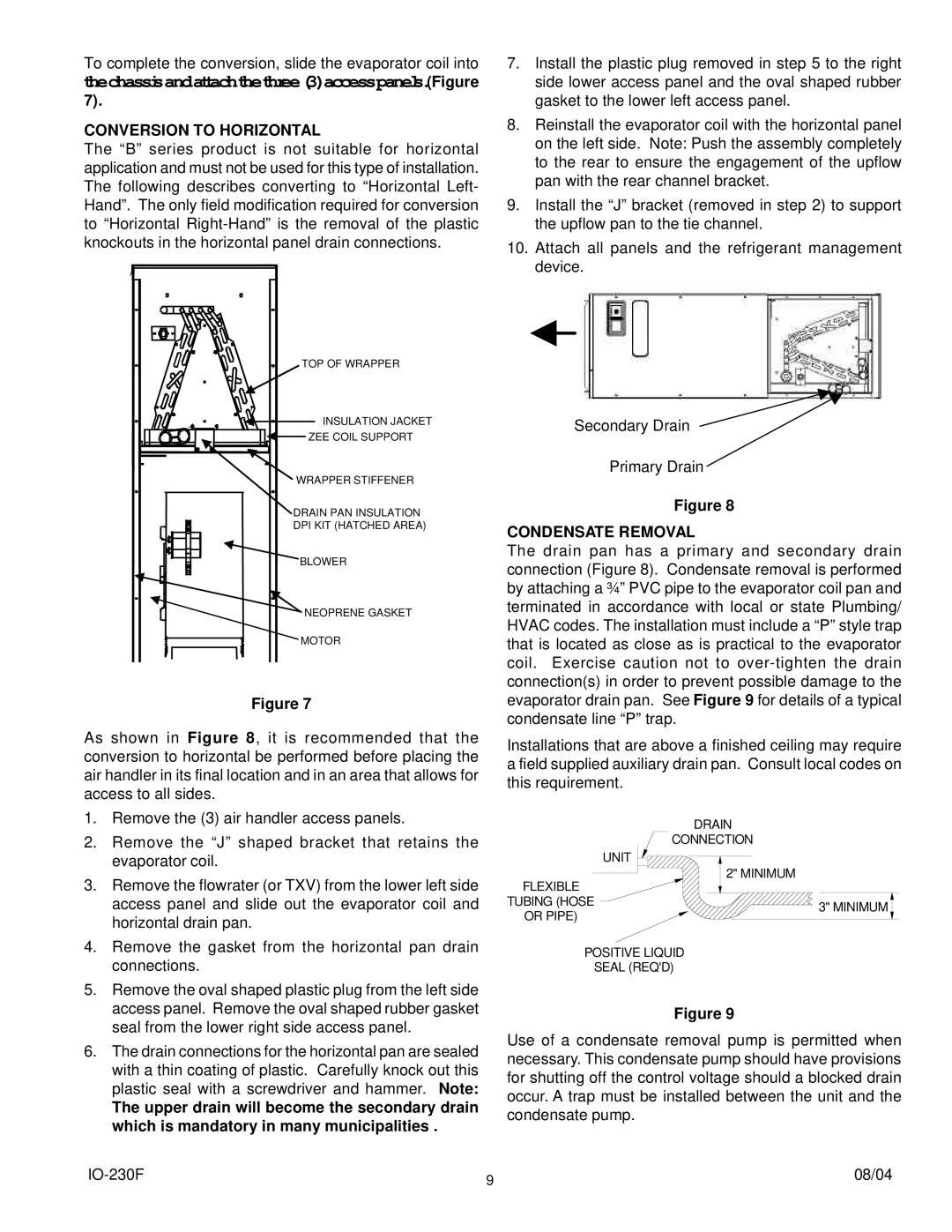AEPT, ARPF, ARPT specifications
Goodman Manufacturing is a leading name in the air conditioning and heating industry, known for its commitment to high-quality products and innovative technologies. Among its esteemed lineup are the AEPT, ARPT, and ARPF series of heat pumps, which have garnered attention for their efficiency, reliability, and advanced features.The Goodman AEPT series is designed for high efficiency and performance. These heat pumps utilize scroll compressor technology, which not only enhances their energy efficiency but also provides quieter operation compared to traditional compressors. With a SEER (Seasonal Energy Efficiency Ratio) rating that often exceeds 15, the AEPT series allows homeowners to significantly reduce their energy costs while enjoying optimal comfort throughout the year. Additionally, these units come equipped with a weather-resistant cabinet designed to withstand harsh outdoor conditions, ensuring durability and longevity.
The ARPT series takes innovation a step further by incorporating advanced refrigerant technology. Using R-410A refrigerant, these heat pumps operate with minimal environmental impact while providing robust heating and cooling capabilities. The ARPT units are equipped with a multi-speed ECM (Electronically Commutated Motor) blower motor that allows for improved airflow and enhanced humidity control, leading to a more comfortable indoor environment. The smart design of the ARPT series also emphasizes ease of installation and service, making it a preferred choice among HVAC professionals.
Finally, the Goodman ARPF series is engineered for versatility and performance in various climates. With a focus on user-friendly features, these heat pumps are designed to operate efficiently in both heating and cooling modes. The ARPF models come with digital thermostats that provide precise temperature control, ensuring that homes remain comfortable regardless of external weather conditions. Moreover, their advanced defrost controls allow for enhanced performance in colder climates, ensuring that homeowners can rely on their heat pumps even during extreme temperatures.
In summary, the Goodman AEPT, ARPT, and ARPF heat pump series showcase cutting-edge technology and innovative features focused on energy efficiency, environmental responsibility, and user comfort. These units not only promise durability and high performance but also ease of installation and maintenance, making them a smart investment for homeowners seeking reliable climate control solutions.

